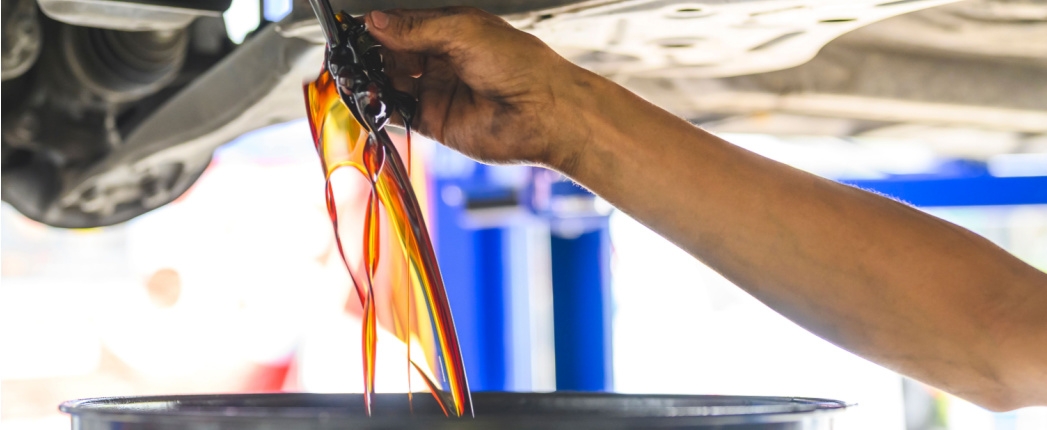
Lubricating oil producers in Chile will need to organize programs to collect and recycle waste oil under a decree approved last month by the country’s Council of Ministers for Sustainability and Climate Change.
Lubricating oil is among the materials identified as priorities in the South American country’s extended producer responsibility law.
According to Chile’s Ministry of Environment, the country generates about 126,000 metric tons per year of used lubricating oils, but only 47% are treated in disposed of in accordance with current regulations. The disposition of the rest is unknown.
The decree sets a schedule of gradually increasing targets for portions of waste oils that are collected and recycled, beginning at 50% next year and rising to 90% in 12 years. Lubricant suppliers are responsible for developing programs to achieve the goal.
The decree still must be pronounced by the president and published in Chile’s Official Gazette. The Ministry of Environment did not give a timeline in its press release.
Minister of the Environment Maisa Rojas, who chairs the Council of Ministers for Sustainability and Climate Change, said Chile’s government is committed to promoting a circular economy in the country.
“The approval of this decree is very relevant, because it allows progress in the effective implementation of the Recycling Law, a key regulation to reduce our waste and generate positive impacts for the environment and people,” Rojas said in a press release. Lubricating oils will soon be added to decrees already published for tires, containers and packaging, Rojas added.
Back in late 2019, Chile enacted a law to recycle used lubricants by giving producers and end-users responsibilities to help recover waste oils. The law introduced the Extended Producer Responsibility system, which required producers to organize and finance the collection of the waste throughout Chile. The law stated fines could be imposed if the new rules weren’t followed didn’t at that time set monetary amounts.
At the time, the Ministry of Environment said most of the country’s industrial and municipal waste ended up in landfills. Prior to the law enacted in 2019, the definition of lubricating oils was unclear.